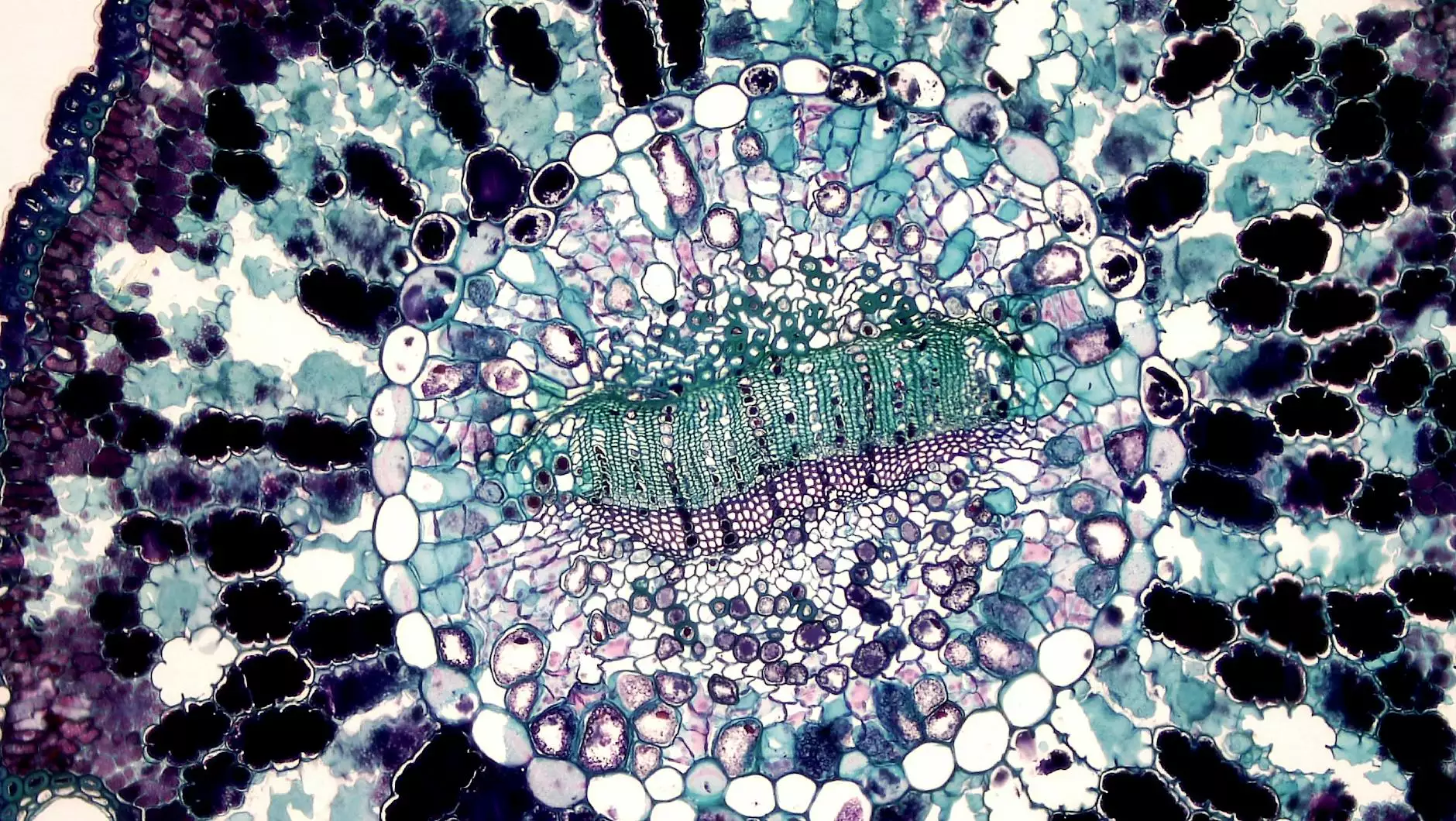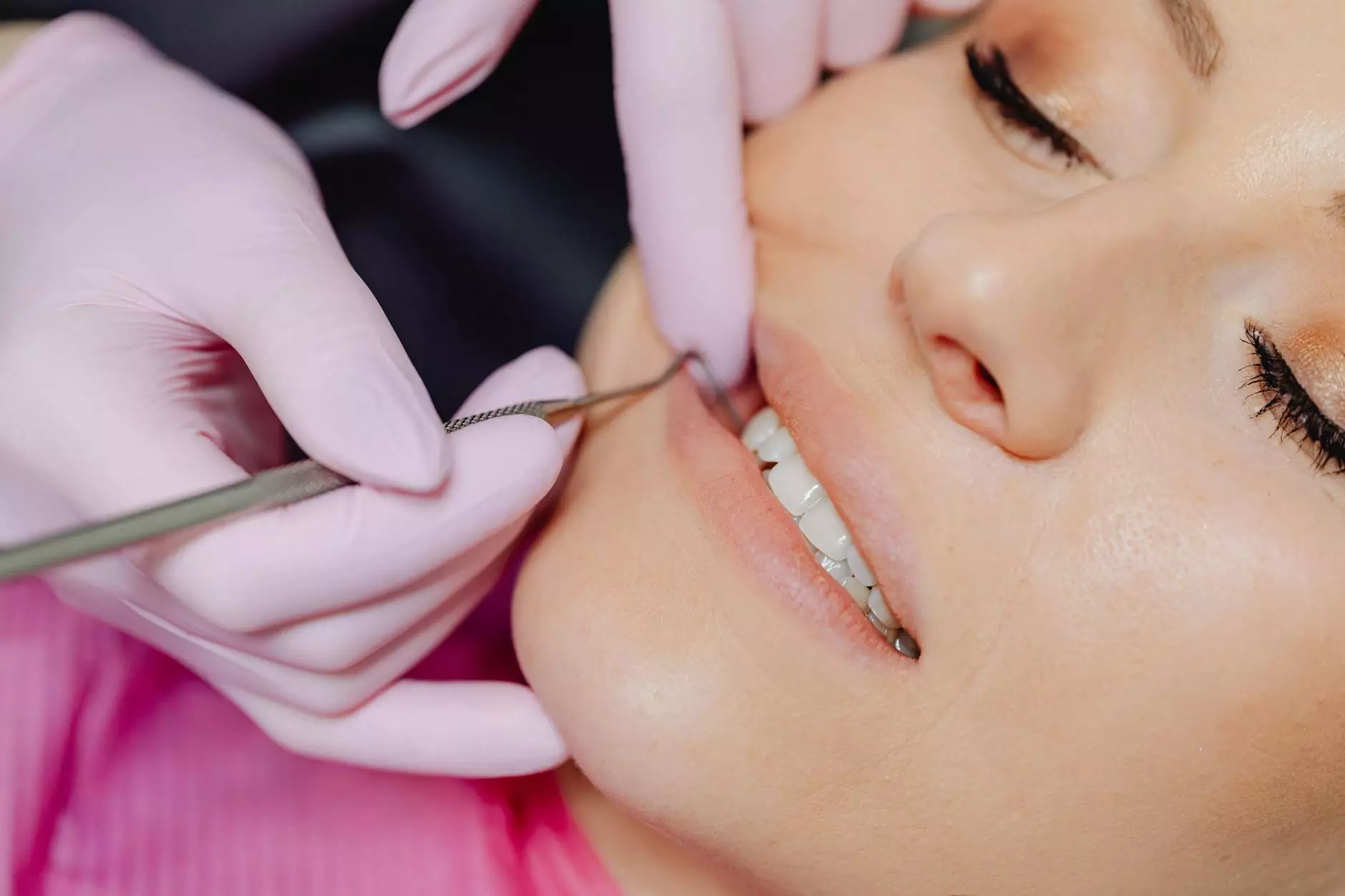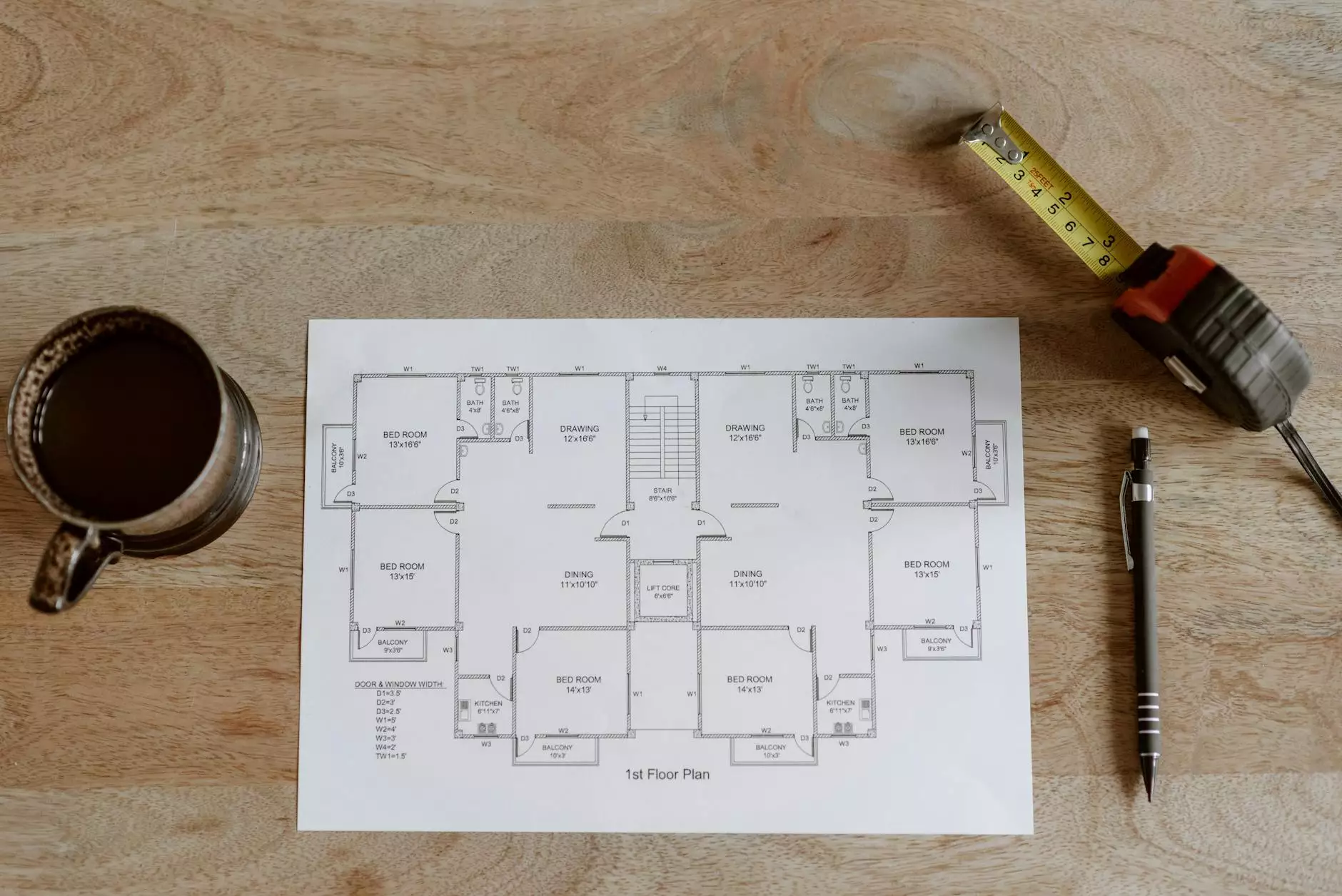Understanding the Vital Role of the Vein Doctor Specialty in Vascular Medicine

In the realm of health and medical care, the specialization of physicians dedicated to vascular health plays a crucial role in diagnosing, managing, and treating a wide spectrum of vein-related conditions. The vein doctor specialty, situated within the broader field of vascular medicine, is dedicated to ensuring optimal blood flow, preventing complications, and enhancing patients' quality of life.
What Is a Vein Doctor? An In-Depth Overview
A vein doctor is a medical specialist with extensive training in diagnosing and treating venous disorders. These physicians are often part of the Doctors category in healthcare and possess specialized skills that allow them to handle complex conditions involving the veins, such as varicose veins, spider veins, deep vein thrombosis, and venous insufficiency.
The scope of the vein doctor specialty encompasses a variety of advanced diagnostic procedures, minimally invasive treatments, and comprehensive management plans tailored to individual patient needs. These specialists work closely with patients to correct venous abnormalities, improve circulatory health, and prevent severe complications like ulcers or blood clots.
The Significance of Vascular Medicine in Modern Healthcare
Within Health & Medical, vascular medicine has emerged as a vital discipline focusing on the circulatory system outside of the heart and brain. It bridges the gap between primary care providers and specialized vascular surgeons, offering crucial expertise in diagnosing and managing vascular diseases.
The importance of this field lies in its ability to address issues that significantly impact daily living and overall health, especially those related to vein health. A comprehensive understanding of vascular medicine enables healthcare professionals to develop personalized treatment plans that can stem from simple cosmetic concerns to life-threatening conditions.
The Core Responsibilities of a Vein Doctor
The vein doctor specialty involves several core responsibilities essential for maintaining vascular health:
- Diagnostic Evaluation: Utilizing advanced imaging techniques such as duplex ultrasonography, venograms, and other non-invasive tests to accurately identify venous abnormalities.
- Treatment Planning: Developing customized treatment strategies that may include lifestyle modifications, compression therapy, or surgical interventions.
- Minimally Invasive Procedures: Performing sclerotherapy, endovenous laser therapy, radiofrequency ablation, and phlebectomy to treat varicose and spider veins effectively.
- Preventive Care: Educating patients on risk factors and preventative measures to reduce the incidence or progression of venous diseases.
- Follow-up and Long-term Management: Monitoring patient progress post-treatment to ensure sustained results and early detection of potential issues.
Common Conditions Managed by a Vein Doctor
Patients often seek consultation from vein specialists for a variety of venous conditions. Some of the most prevalent include:
Varicose Veins and Spider Veins
These are enlarged, twisted veins visible under the skin surface, commonly affecting the Legs. They can cause discomfort, swelling, and aesthetic concerns. Modern treatments provide effective, minimally invasive options that deliver quick recovery times.
Chronic Venous Insufficiency (CVI)
CVI occurs when veins fail to efficiently return blood to the heart, leading to symptoms like swelling, skin changes, and ulceration. Vein doctors employ comprehensive strategies to manage and improve venous function in these cases.
Deep Vein Thrombosis (DVT)
DVT involves blood clots forming in deep veins, primarily in the legs. Prompt diagnosis and treatment are essential to prevent pulmonary embolism, making vascular expertise critical in managing this condition.
Venous Ulcers
Chronic wounds resulting from venous insufficiency typically require specialized care to promote healing and prevent recurrence.
Advanced Diagnostic Techniques in Vascular Medicine
The role of diagnostic technology is fundamental to the vein doctor specialty. Cutting-edge tools provide detailed insights into venous function and pathology, guiding effective treatment plans.
- Duplex Ultrasonography: A key non-invasive test combining traditional ultrasound with Doppler technology to assess blood flow and vein structure.
- Venography: An imaging method involving contrast dye to visualize veins, especially useful in complex cases.
- Transcutaneous Oxygen Measurement: Assesses tissue oxygenation, aiding in the management of venous ulcers.
Innovative and Minimally Invasive Treatments Offered by Vein Specialists
The evolution of technology has transformed vein treatment, emphasizing minimally invasive procedures that offer significant advantages over traditional surgery:
- Sclerotherapy: Injection of a sclerosant solution into the affected veins causes them to collapse and eventually be reabsorbed by the body.
- Endovenous Laser Therapy (EVLT): Utilizes laser energy delivered through a fiber inside the vein to obliterate it, providing effective treatment for varicose veins.
- Radiofrequency Ablation: Uses radiofrequency energy to heat and close off problematic veins.
- Microphlebectomy: Removes large veins through tiny incisions with minimal discomfort and scarring.
These procedures are performed in-office, often under local anesthesia, with rapid recovery and minimal downtime.
Preventive Strategies and Lifestyle Modifications for Vascular Health
Prevention is a cornerstone of vascular medicine. Vein doctors emphasize lifestyle adjustments that can significantly reduce the risk of developing vein disorders:
- Regular Exercise: Promotes healthy circulation and strengthens leg muscles.
- Weight Management: Reduces pressure on venous structures, decreasing risk factors.
- Leg Elevation: Encourages venous return and reduces swelling, especially after prolonged sitting or standing.
- Wearing Compression Stockings: Supports venous valves and improves blood flow.
- Avoiding Prolonged Immobility: Taking breaks to move during long trips or desk work helps maintain healthy circulation.
The Benefits of Seeking Care from a Specialized Vein Doctor
Choosing a dedicated vein doctor offers numerous advantages:
- Expertise in the Latest Technologies: Access to the most advanced and effective treatments.
- Accurate Diagnoses: Comprehensive evaluation ensuring correct management of complex conditions.
- Personalized Treatment Plans: Tailored approaches considering each patient's unique health profile.
- Reduced Risks and Better Outcomes: Minimally invasive procedures result in fewer complications and improved recovery times.
- Long-term Management and Follow-up: Ensuring sustained health benefits over time.
Choosing the Right Vein Doctor: What to Look For
When selecting a specialist, consider the following:
- Board Certification and Credentials in Vascular Medicine or Interventional Radiology.
- Experience in treating a wide variety of venous conditions.
- Patient-Centered Approach prioritizing comfort, education, and individualized care.
- Advanced Facilities and Technologies in their practice.
- Positive Patient Reviews and Outcomes demonstrating successful treatments.
Conclusion: Empowering Your Venous Health with Expert Care
The vein doctor specialty embodies a critical facet of vascular medicine, providing expert care for a variety of venous disorders. From accurate diagnosis to innovative minimally invasive treatments, specialized vein doctors are dedicated to restoring healthy blood circulation, alleviating symptoms, and preventing severe complications. Prioritizing vascular health through professional evaluation and customized management strategies can lead to remarkable improvements in overall well-being.
At TrufflesVeinSpecialists.com, we are committed to delivering exceptional vascular care. Our team of skilled specialists employs the latest technologies and personalized treatment plans to ensure our patients' health, comfort, and satisfaction. Don’t wait to address venous health concerns—consult a qualified vein doctor today and take the first step toward healthier veins and a more vibrant life.









